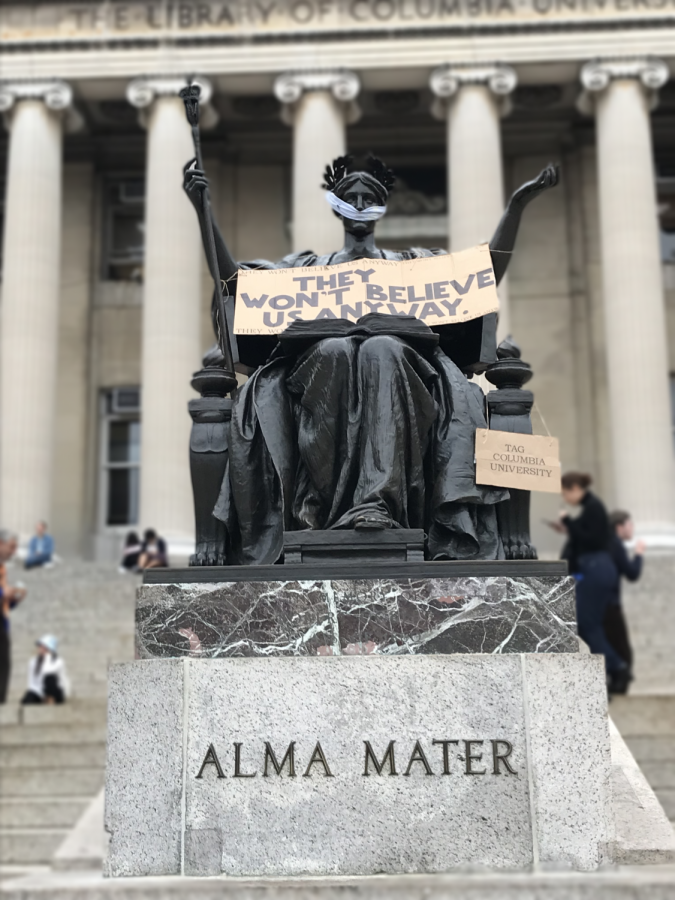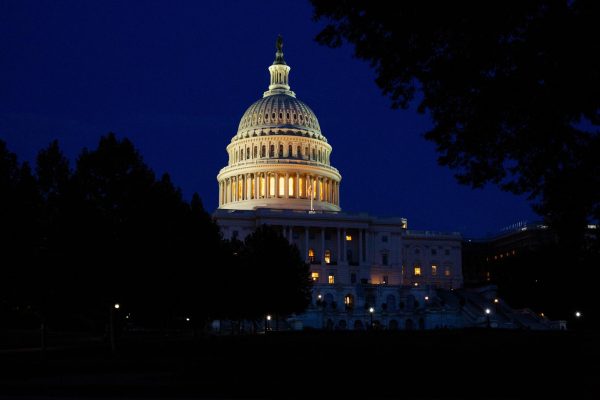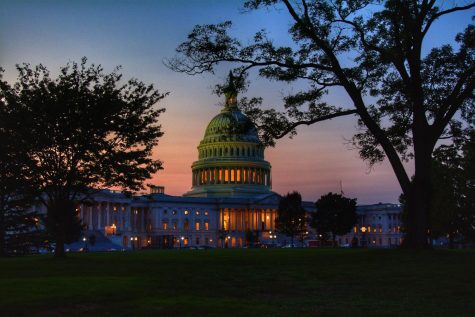The Republicans now control all branches of the US government
What a full suite could mean for the Republican Party
On Saturday, October 6, Republicans successfully voted Brett Kavanaugh in to the Supreme Court of the United States. The confirmation passed after a dramatic week of theatrics and hearings, much of it surrounding a few key swing votes. Susan Collins, the Republican senator from Maine, hinted that she may vote ‘no’ on Kavanaugh only to, towards the very end, announce that she would indeed vote ‘yes.’
The controversy surrounding Kavanaugh’s nomination was intense. The testimony of Professor Christine Blasey Ford tanked his public approval. The judge, in the end, became nominated as one of the least popular Supreme Court justices ever. The vote, with a razor thin margin of 50-48 in favor of Republicans, only underscores the partisanship of today’s Congress.
Republicans now control a full suite within the US government. The White House, Senate, House of Representatives, and Supreme Court are under their control.
It was expected that the Republicans would, at some point, achieve control of the Judiciary. The party has been on a quest to remake American courts for decades, following losses in the 60’s, 70’s, and 80’s. The conservative Federalist Society was founded for this exact purpose (indeed, Justice Kavanaugh was once a member). Their goal was to vet and train conservative judges in the US judiciary. The strategy has only finally come to fruition.
With this newfound power, Republicans find themselves in a unique position to reshape and repeal rulings and legislation that they see as losses. Roe v. Wade, for example, is now firmly in the sights of Republicans. The 1973 Supreme Court decision guarantees women the right to an abortion as an extension of their right to privacy.
The 2015 decision, Obergefell v. Hodges, could also be in danger. The decision, which effectively legalized gay marriage, has stoked debates across the country over where the line between freedom of religion ends and begins. The Supreme Court may also, now, erode state legislation guaranteeing equal rights for gay people.
Pundits and forecasters across the country predict a Democratic “blue wave” in the face of plummeting Republican popularity and soaring Democratic enthusiasm in previously unexcitable areas. In the event that the “blue wave” is a bust, though, Republicans could maintain their dominance for years to come.

I'm Jake Neuffer, the 2018-2019 Outlook Editor in Chief. I try to write about politics, international relations, and culture whenever I can. I write about...










